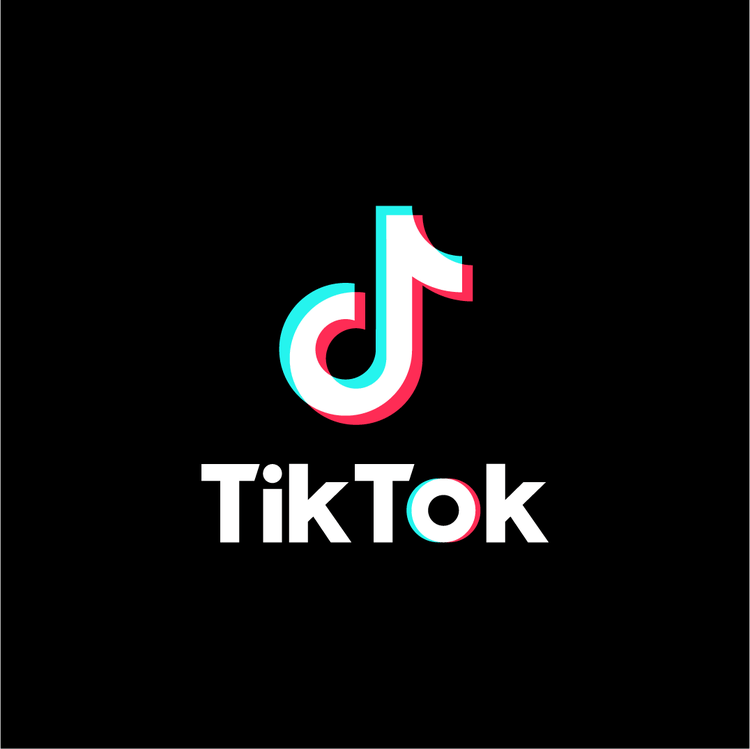TikTok Ban in the U.S.: What It Means, Why It Happened, and Could Nigeria Be Next?
On Sunday, the U.S. government officially began enforcing a ban on new downloads and updates of the popular short-video app TikTok. The move, which follows a law signed by President Joe Biden in April 2024, has sparked widespread reactions from users, creators, and tech observers across the globe.
With over 170 million users in the United States, TikTok has become a major platform for entertainment, education, and even activism. But recent developments now place its future in the U.S. under serious threat — and raise questions about similar actions in other countries, including Nigeria.
What the Ban Means for U.S. Users
Under the new law, U.S. users will no longer be able to download TikTok from platforms like the Apple App Store or Google Play. Additionally, existing users will not receive future updates, bug fixes, or security enhancements, making the app increasingly vulnerable and less useful over time.
While the app may still function for those who already have it installed, it is effectively being phased out. This makes the U.S. one of the most high-profile countries to take firm legal action against a widely-used social media app.
Why Was TikTok Banned?
The U.S. government has long expressed concerns that TikTok, owned by the Chinese tech firm ByteDance, poses a threat to national security. Lawmakers argue that the app could be used by the Chinese government to collect data on U.S. citizens, manipulate public opinion, or influence elections.
According to Chinese law, companies like ByteDance are required to share user data with the government if requested. This has fueled suspicions, especially in a world where cyber warfare and digital surveillance are real concerns.
This isn’t the first time TikTok has faced scrutiny in the U.S. — similar debates happened during the Trump administration, but this new law gives legal power to enforce a ban unless TikTok is sold to a non-Chinese company.
ByteDance’s Dilemma: To Sell or Shut Down?
To avoid a total ban, ByteDance must divest its U.S. operations — meaning it would have to sell TikTok to a U.S.-approved buyer. However, the company has resisted this move, arguing that it would affect its ownership rights and the app’s core structure.
In the meantime, the clock is ticking. ByteDance has limited time to comply or face a full ban of TikTok within the U.S. This situation also sets a major precedent for how governments might deal with foreign-owned tech companies in the future.
Could Nigeria Ban TikTok Too?
While Nigeria has not banned TikTok, the possibility cannot be completely ruled out. In the past, the Nigerian government suspended Twitter in 2021 due to “national interest” concerns. This shows that when political or security issues arise, internet platforms may be targeted.
Furthermore, the National Information Technology Development Agency (NITDA) has raised concerns about online misinformation, data privacy, and foreign tech dominance. Any platform found to be a risk could be subject to investigation or regulation.
For now, TikTok remains fully operational in Nigeria, and millions of young Nigerians continue to use it for content creation, entertainment, and even small business marketing. However, creators should stay alert to changes in government policy.
What Nigerian TikTok Users Should Do
If you are a TikTok user in Nigeria, here are a few things you can do in case restrictions ever come:
- Back up your videos – Save your most important content on your device or Google Drive.
- Grow your audience across multiple platforms – Don’t depend on TikTok alone. Use Instagram, YouTube, or your blog.
- Understand digital laws – Keep up with policy updates from NITDA, NCC, and global news.
- Create responsibly – Avoid harmful trends, misinformation, or politically sensitive content.
The Bigger Picture: Tech Control and Digital Freedom
This TikTok ban is more than just an app issue. It reflects how governments are now stepping into the tech space to protect national interests — but some fear this could lead to censorship or misuse of power.
The debate now is about where we draw the line between safety and freedom. Should governments regulate what apps we use? Or should tech companies be trusted with billions of users’ data across borders?
As digital technology continues to shape how we communicate, do business, and even vote, these questions will only grow louder.
Conclusion
The TikTok ban in the U.S. marks a critical moment in tech history. While the platform remains active in Nigeria, it’s important for users, especially young people and influencers, to stay informed and diversify their content strategies.
Digital freedom is precious — but it comes with responsibility. As Nigeria watches global tech politics unfold, one thing is clear: the way we use and control social media is changing fast.
Tags: TikTok ban in USA, Nigeria social media laws, ByteDance controversy, US-China tech war, app censorship, digital freedom

